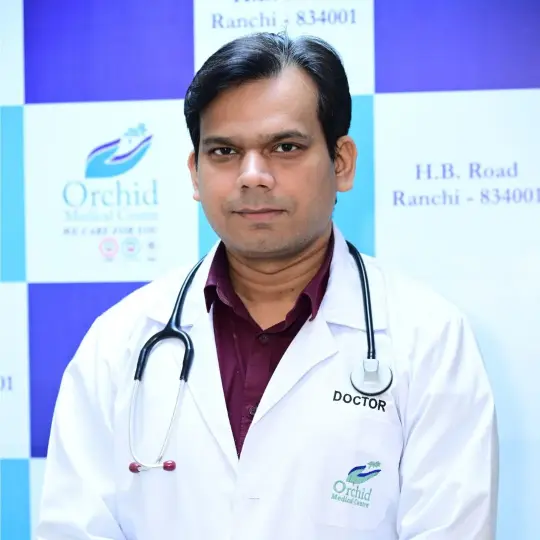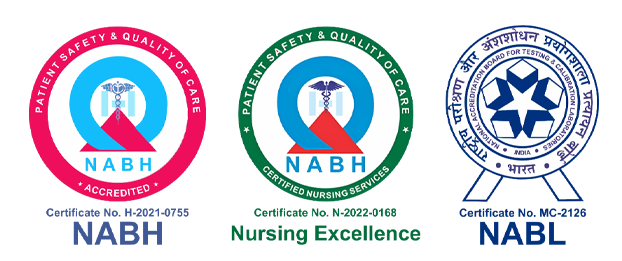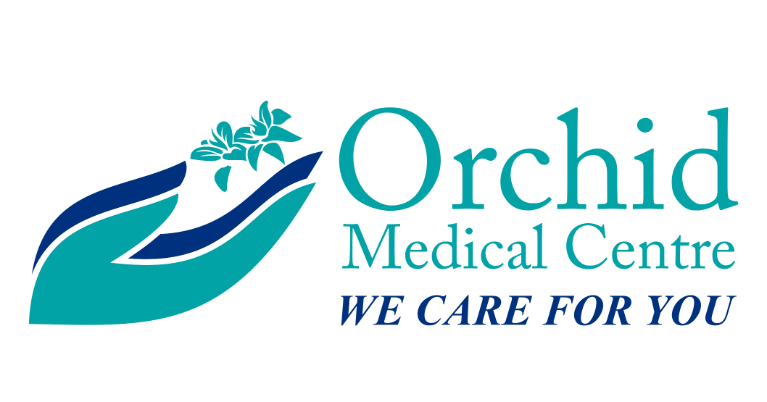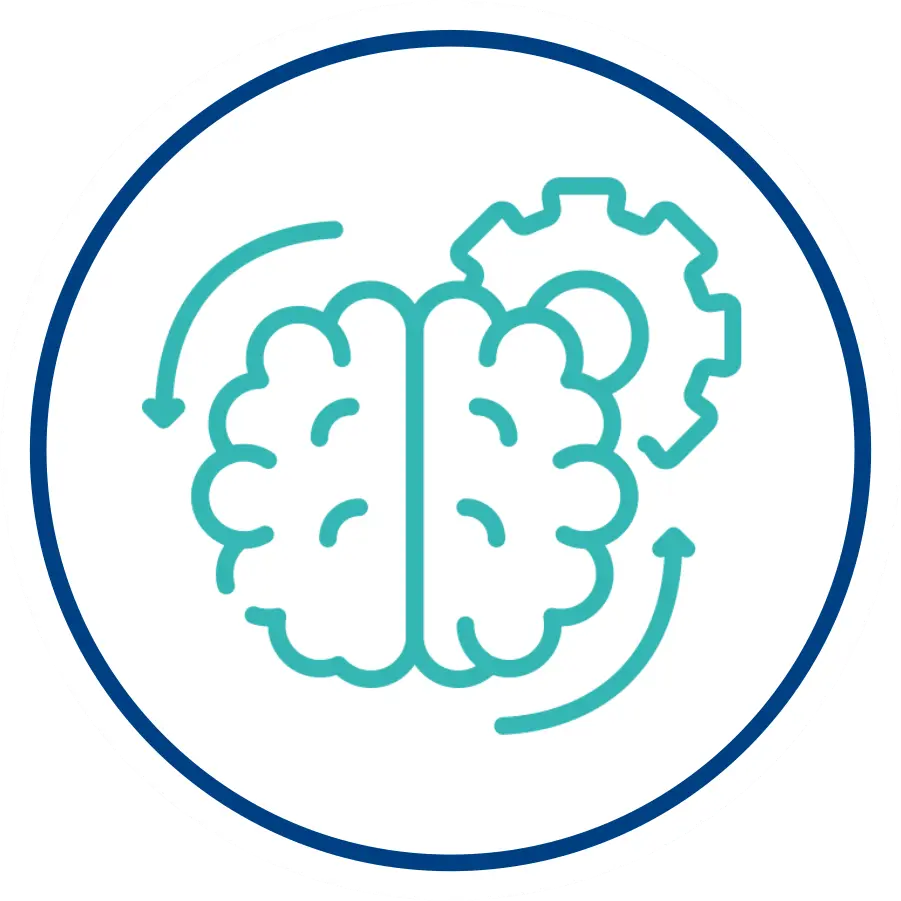
- H.B. Road, Ranchi, Jharkhand 834001
- Emergency Number: 9117100100
Neurology

Dr Kumar Saurabh
MBBS, MD, DM
FAQ
Frequently Asked Questions
A neurologist treats brain, spinal cord, nerve, and muscle disorders. See one if you have seizures, numbness, memory loss, chronic headache, or muscle weakness.
Stroke, epilepsy, Parkinson’s, Alzheimer’s, migraines, multiple sclerosis, neuropathy, and sleep disorders are common neurological conditions.
Frequent headaches, dizziness, seizures, tingling, memory issues, loss of coordination, vision/speech problems, or tremors.
The doctor checks your reflexes, strength, coordination, sensation, and memory. Tests like MRI, CT, or EEG may be done.
Using exams, imaging (MRI/CT), EEG, EMG, blood tests, and sometimes spinal tap (lumbar puncture).
Medicines, physiotherapy, lifestyle changes, and in some cases, surgery. Treatment depends on the specific disorder.
Discussion of symptoms, a physical and nerve exam, and possible tests. The doctor may plan further evaluation or treatment.
Sudden numbness, difficulty speaking, vision loss, severe headache, loss of balance, or seizures.
Exercise regularly, eat healthy, sleep well, manage stress, avoid alcohol/smoking, and stay mentally active.
A neurologist is a medical doctor who specializes in diagnosing and treating disorders of the brain, spinal cord, nerves, and muscles. Common conditions include stroke, epilepsy, Parkinson’s disease, Alzheimer’s, migraines, multiple sclerosis, and neuropathy.
Symptoms may include chronic headaches, dizziness, numbness or tingling, muscle weakness, memory issues, vision changes, loss of coordination, and seizures.
Diagnosis is done through neurological exams, MRI or CT scans, EEG, EMG, blood tests, and sometimes a spinal tap (lumbar puncture).
Treatments may include medications, physical therapy, lifestyle changes, or surgery, depending on the condition. Many disorders can be managed even if not fully cured.
Migraines are more intense, often accompanied by nausea, sensitivity to light or sound, and visual disturbances, unlike typical tension headaches.
Causes include genetics, infections, head injuries, environmental toxins, autoimmune conditions, and aging.
Healthy lifestyle choices like regular exercise, a balanced diet, good sleep, stress management, and avoiding smoking or excessive alcohol can help reduce the risk.
A neurologist treats neurological disorders using non-surgical methods, while a neurosurgeon performs surgical procedures on the brain, spine, or nerves.
You should consult a neurologist if you have unexplained headaches, memory loss, seizures, dizziness, chronic pain, or numbness/weakness.
Some are chronic and require lifelong management (like Parkinson’s or MS), while others can be temporary or improved with proper treatment (like migraines or certain nerve injuries).



